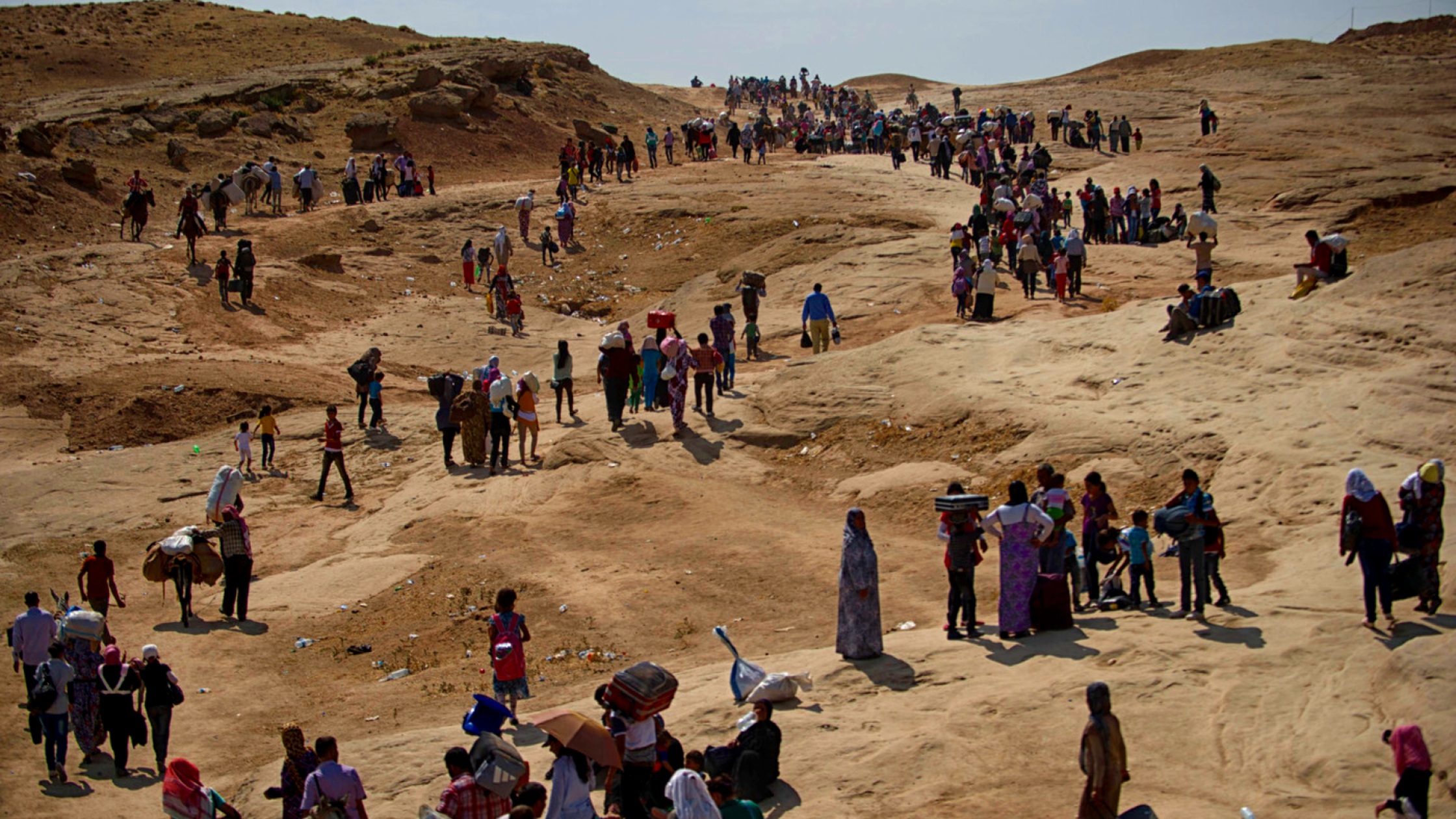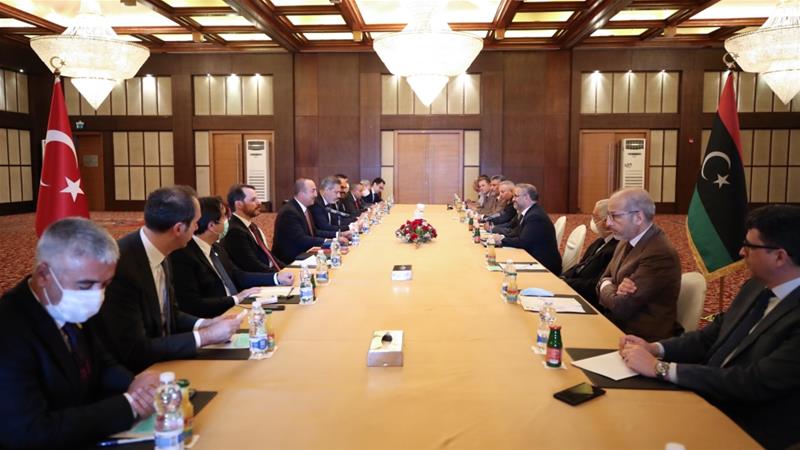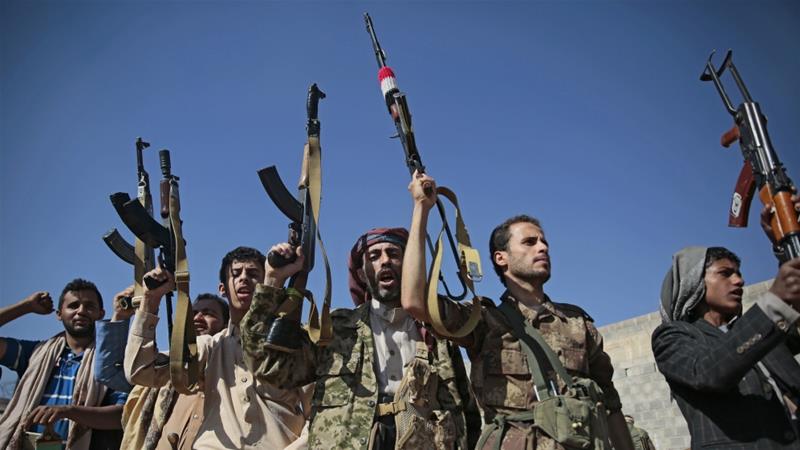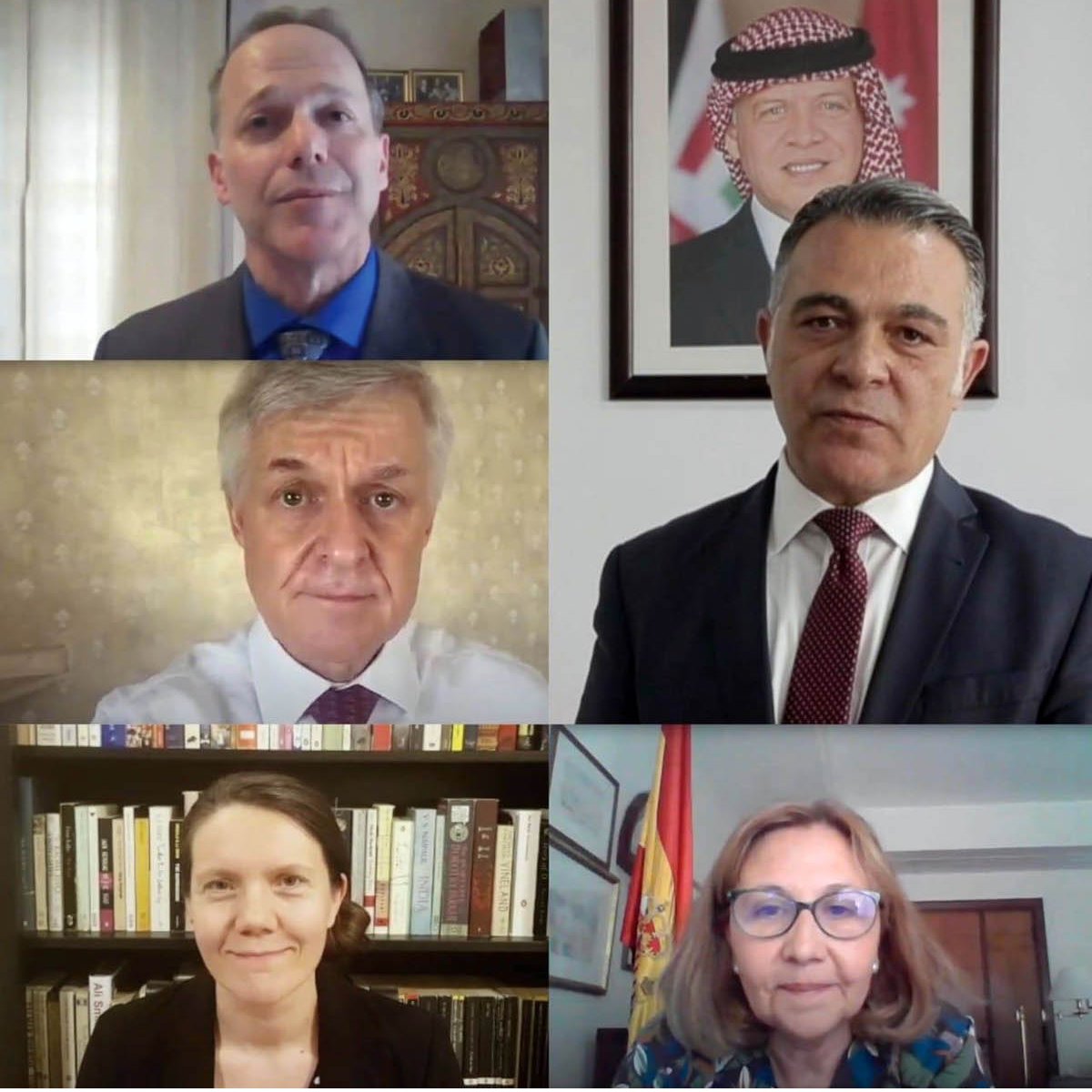More assistance is needed for vulnerable refugees in the Middle East and North Africa (MENA) region, according to a statement by the International Federation of Red Cross and Red Crescent Societies (IFRC). Marking World Refugee Day, on June 20, the aid group is calling for increased support for migrants, refugees, and internally displaced people who face multiple threats.
Refugees across the world already faced hunger, violence, and exploitation, but the COVID-19 pandemic has only worsened the fate of millions of refugees. The MENA region’s conflict zones in Yemen, Libya, and Syria have resulted in increasingly widespread displacement as citizens try to escape war and starvation.
Refugees, migrants, and IDPs
Besides refugees, who are defined as having fled their country to escape persecution or war, there are Internally Displaced Persons (IDP) who are refugees in their home country, and migrants who flee extreme economic deprivation in search of a better life.
The division between the three definitions comes with some ambiguity as war, economic crises, and oppression often go hand-in-hand. Countries that are wary of taking in refugees have often portrayed these vulnerable people as fortune-seekers in search of better economic prospects.
Legal rights
Seeing refugees as motivated by economic reasons does not discount the fact that they have legal rights enshrined in our global consensus on human rights and humanitarian law. All human beings have the right to claim asylum in another country as part of Article 33 of the Geneva Convention on Refugees.
Refugees are also repeatedly denied the right to not experience inhuman and degrading treatment as described in Article 3 of the European Convention for the Protection of Human Rights and Fundamental Freedoms. And any human being officially has the right to leave any country, as stated in Article 13.2 of the Universal Declaration of Human Rights.
COVID-19
Support for refugees is becoming more important than ever as the coronavirus pandemic presents another grave threat. The IFRC is now warning of the major impacts COVID-19 is having on already distraught refugees.
Francesco Rocca, president of the IFRC, stated that “COVID-19 is exacerbating the suffering of some of the world’s most vulnerable people. Many refugees were already living below the poverty line and struggling to make ends meet. Now they have lost the little income they earn, forcing them to cut down on basic resources including food and medicine.”
More help is needed, with catastrophe taking place in Yemen and Libya while many other countries in the region face economic problems that could lead to the continued daily growth of thousands of new refugees that add to a refugee population of 70.8 million people, according to the UNHCR.





